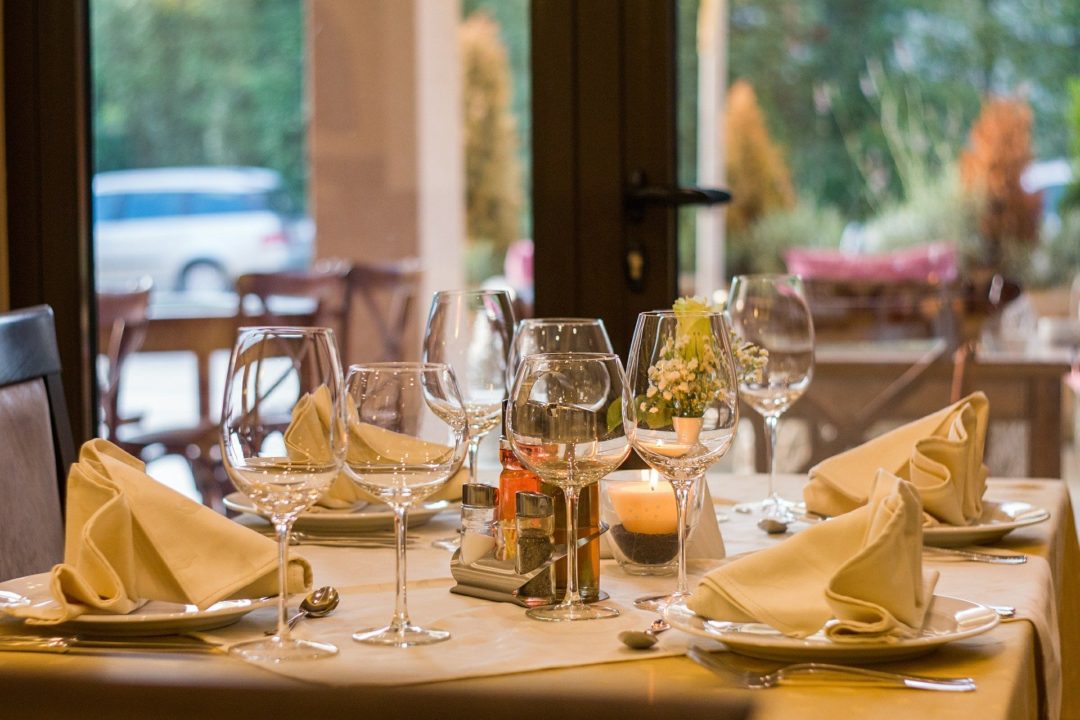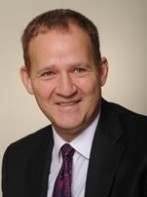Hospitality Sector to reopen from 4 July
From 4 July the 2m social distancing will be relaxed. The prime minister Boris Johnson has said that people should keep a distance of “one metre plus”.
Hospitality
The Prime Minister also announced that the hospitality sector will be able to reopen on 4 July. They must follow the safety guidelines. Any indoor hospitality must provide table service; customers will have to provide contact details when entering a pub or restaurant.
Hotels, Bed & Breakfasts, cottages, campsites and caravan parks will also be allowed to reopen.
Hairdressers are allowed to reopen on 4 July, if they take appropriate precautions.
What can reopen from 4 July?
- Pubs
- Bars
- Restaurants
- Hotels
- Holidays apartments
- Campsites
- Caravan Parks
- Hair Salons
- Barbers
- Libraries
- Community centres
- Bingo halls
- Cinemas
- Museums
- Galleries
- Funfairs
- Theme parks
- Adventure Parks
- Amusement arcades
- Skating rinks
- Model villages
- Indoor animal attractions
What will remain closed?
- Nightclubs
- Casinos
- Bowling alleys and Indoor skating rinks
- Indoor play areas including soft-play
- Spas
- Nail bars, beauty salons and tanning salons
- Massage, tattoo and piercing parlours
- Indoor fitness and dance studios, and indoor gyms and sports venues/facilities
- Swimming pools including water parks
- Exhibition or conference centres must remain closed for events such as exhibitions or conferences, other than for those who work for the business or organisation who run the venue.
The government have said in their recent guidance that each business will need to manage and assess their own risks to their workers and customers. As an employer, you have a legal responsibility to protect your employees from risks to their health and safety. Therefore, you will need to do everything that is reasonably possible to reduce these risks. (The government do recognize that it is impossible to completely eliminate the risk of COVID-19).
Businesses that are able to open on 4 July will need to assist the NHS track and trace system by keeping a temporary record of your customers and visitors for 21 days. This is to help the NHS to contain clusters or outbreaks. If you are reopening your business which is surrounded by many neighbouring businesses, you will need to consider the impact of a large number of venues reopening in a small area. This will mean you will need to work with the local authorities, neighbouring businesses, and travel operators. This could result in:
- Lowering your capacity
- Staggering entry times to avoid large queues
- Arranging one-way travel routes between transport hubs and venues
- Advising your customers to avoid particular forms of transport or routes to avoid crowded areas when in transit to the venue.
How can we help?
Hawsons has a dedicated team of specialist leisure and hospitality accountants in Sheffield, Doncaster and Northampton.
As the sector continues to become ever more challenging, with changes in the fierce global, nation and regional competition leading to unrelenting pressures to maintain margins, it is more crucial than ever to seek sound and proactive advice.

